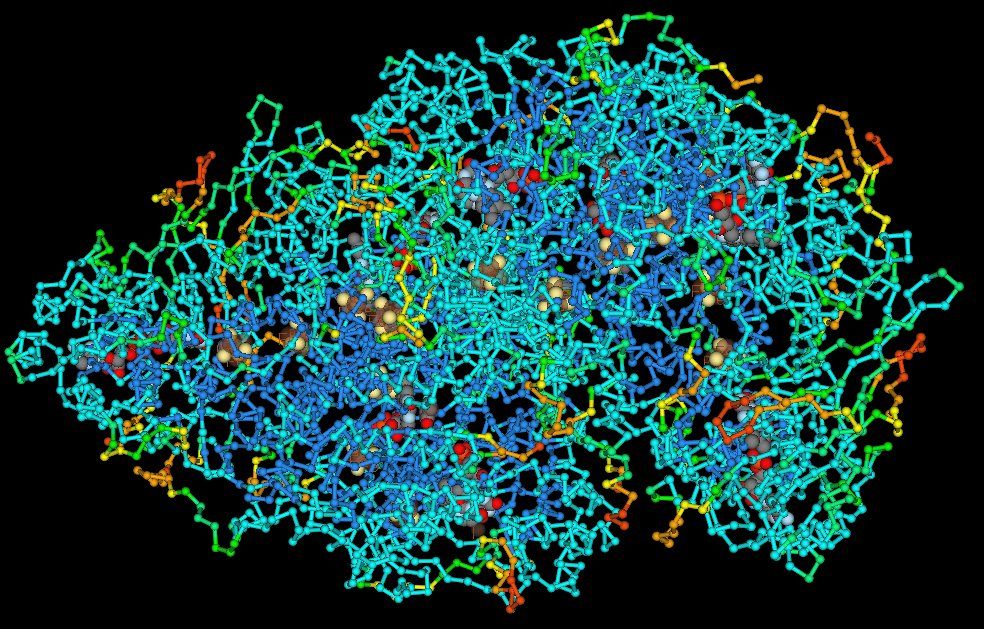Discovering the Varied Applications and Advantages of Polymers in Different Industries
Polymers, with their diverse variety of homes and functionalities, have come to be essential in various sectors, each enjoying unique advantages from their application. From boosting safety and performance in the automobile sector to changing medical tools in the health care sector, polymers play an essential duty.
Automotive Industry Applications
Polymers play a pivotal function in improving the performance and longevity of various parts within the auto industry. One noticeable use of polymers in the automotive sector is in the manufacturing of light-weight components.

Health Care Sector Advantages
In numerous medical care applications, the advantages of utilizing polymers are extensively acknowledged for their varied series of useful properties. Polymers play a crucial function in the health care industry due to their adaptability, biocompatibility, and cost-effectiveness. One of the key advantages of polymers in health care is their capability to be tailored to certain needs, such as adaptability, durability, and biodegradability, making them excellent for a wide variety of clinical applications.
Polymer-based materials are extensively made use of in clinical tools, such as catheters, implants, prosthetics, and medicine delivery systems, as a result of their biocompatibility and capacity to resemble all-natural cells. These materials can minimize the threat of allergic responses or beings rejected, enhancing individual safety and security and end results. Additionally, polymers are light-weight, making them suitable for wearable clinical devices and ensuring client convenience.
Furthermore, polymers allow the development of cutting-edge therapy methods, such as hydrogels for tissue engineering and nanocomposites for targeted medication delivery. Their simplicity of processing and sterilization makes them important for preserving high criteria of hygiene in healthcare settings. On the whole, the diverse advantages of polymers add significantly to advancements in clinical modern technology and individual care.
Ecological Benefits of Polymers

Moreover, polymers can contribute to power financial savings as a result of their light-weight nature. In sectors such as transportation, light-weight polymer materials can help minimize link fuel intake and greenhouse gas exhausts. Furthermore, polymers can enable the advancement of energy-efficient products such as insulation products that improve energy preservation in structures.
Furthermore, polymers play a critical duty in decreasing water pollution. As an example, the use of polymer-based filtering systems can properly eliminate pollutants and impurities from wastewater, safeguarding water sources and ecosystems. Generally, the environmental advantages of polymers make them useful assets in advertising sustainability and environment-friendly practices across different sectors.
Polymers in Electronic Devices and Technology
Thinking about the increasing need for innovative and sustainable remedies in contemporary sectors, the combination of innovative polymer modern technologies in the realm of electronic devices and innovation has arised as a crucial technique for driving effectiveness and performance. Polymers this content have actually changed the electronic devices industry by making it possible for the production of lighter, more adaptable, and resilient electronic gadgets. From smart devices to medical gadgets, polymers play an essential function in enhancing product design and capability.
One considerable benefit of polymers in electronic devices is their insulating residential or commercial properties, which aid safeguard fragile digital parts from ecological aspects and electric interference. In addition, polymers are crucial in the advancement of adaptable display screens, wearable technology, and printed electronics, providing unlimited opportunities for developing wise and interconnected devices.
Additionally, making use of polymers in electronic product packaging has brought about developments in miniaturization and thermal administration, enhancing the overall performance and reliability of electronic systems. As modern technology continues to evolve, the versatility and versatility of polymers will unquestionably drive further technology in the electronics industry, forming the future of technology.
Duty of Polymers in Construction and Framework
Polymers use countless advantages in the construction sector due to their convenience, durability, and cost-effectiveness. One key function of polymers in building and construction is their usage in coatings and sealants, providing defense against environmental variables such as dampness, UV radiation, and rust.
Moreover, polymers play a crucial role in sustainable construction practices by allowing the growth of energy-efficient frameworks. Insulating materials made from polymers assist regulate indoor temperature levels, lowering the requirement for heating and cooling down systems and inevitably reducing check over here power consumption. Moreover, using polymer-based compounds in infrastructure tasks such as bridges and roads boosts their long life and lowers maintenance prices. Overall, the consolidation of polymers in building and infrastructure displays their substantial effect on modern engineering techniques.
Verdict
In verdict, polymers play a vital function in numerous markets such as vehicle, healthcare, ecological, electronics, and building. From boosting gas efficiency in vehicles to enhancing clinical devices, polymers use numerous benefits.